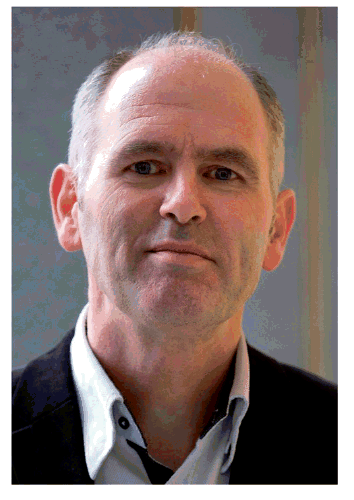
‘Inequity in publishing scientific papers’ was the topic of one of the five ‘grand sessions’ organized during the last Wonca Europe Conference held in Istanbul from 22–25 October 2015. In that session, it was discussed how to help family doctors, especially colleagues coming from countries with a less developed infrastructure for family medicine research, to improve their publishing capacities and quality of their papers. This editorial is based on my contribution to that discussion.
Authors from countries with a developed primary care research infrastructure have an advantage in getting their papers published. They have more resources for research, research training, and international collaboration; they have better access to scientific information; they have more experience in writing in English, and novice researchers have more senior colleagues around whom they can ask for support. Moreover, native authors of the English language have the extra advantage that English is the lingua franca of medical scientific writing and that the world of medical scientific publishing is dominated by English-language journals. Colleagues working in less advantaged circumstances have the handicap that they have to meet the same high standards as their more privileged colleagues. Therefore, one might call the competition to get papers published ‘unfair’.
However, I think it is pointless that authors from less privileged countries moan about this unfair situation. It is more fruitful to accept the status quo: not as a perspective for the future, but as a starting point. Only by doing relevant and sound research, (‘bad data cannot be repaired …’) and by trying to get your work published (‘… but bad papers can be revised’), can one move forward. Still, all authors should be aware of the differences between their country and other settings if they want to publish internationally. They should ask themselves whether their study has international relevance. If so, they should not forget to explain the national context of their study. Moreover, they could discuss their findings in an international context, using international references. They should try to make colleagues from other countries think, ‘Hey, this is similar to my country’, or ‘Hmm, that is interesting what they have done there in X’.
What else can authors do to improve their chances of getting their manuscripts peer reviewed and having their papers accepted? To start, they could choose the appropriate journal for their paper (check the ‘Aims and scope’ of a journal). Often, authors do not put enough energy into writing a good cover letter, in which they explain the specific merits of their paper and why it should be published in the journal of their choice. Obviously, authors should follow international quality standards for research methodology and reporting of research. They are on the internet for free, so there is no excuse for not using them.[Citation1,Citation2]. In addition, it is no waste of time to invest in a perfect presentation of your paper, i.e. a logical and consistent structure of the article, an appropriate design of tables and figures, and the correct format of the references. Moreover, it is worthwhile to have your manuscript reviewed by an experienced linguistic consultant. In short: do not spoil your (only) chance to make a first impression.
On the other hand, what can medical journals do? One way to support international publications of non-English authors is to create the opportunity for ‘double publications the other way round’, i.e. re-publishing a paper published in a national journal—but with international relevance—in an international, SCIe indexed, English-language journal. Also, the composition of the editorial boards of journals that claim to have an international scope should be multinational. Editors should be aware of the differences between the countries their authors come from. Editors should also be aware of their own (limited) perspective on the world, and should have an open mind for messages from other settings. When choosing reviewers, editors might look for experts from different countries. Finally, if the data are of good quality, editors could be more patient with and provide more guidance to authors with little experience or without a supportive infrastructure: ‘a badly written paper can be revised’.
In this first issue of the 2016 volume of the European Journal of General Practice, you will find the latest resultsof the interactive process between authors and editors: papers written by authors from various countries (Belgium, Germany, Ireland, The Netherlands and the UK) and by multinational author groups. We present papers on acutely ill children, on traumatic knee symptoms, on opioid agonist treatment, on diabetes, and on dying. We have reviews on acute ankle sprains, on preconception interventions, and on Lewy body dementia. Finally, there is a EURACT report on their ‘teaching the teachers’ programme. We wish you much intellectual pleasure, and we hope that you are inspired to contribute to this journal.
References
- Equator Network: Enhancing the quality and transparency of health research [Internet]. [Cited 2015 Dec 29]. http://www.equator-network.org
- International Committee of Medical Journal Editors. Recommendations for the conduct, reporting, editing, and publication of scholarly work in medical journals [Internet]. [Cited 2015 Dec 29]. http://www.icmje.org/recommendations
